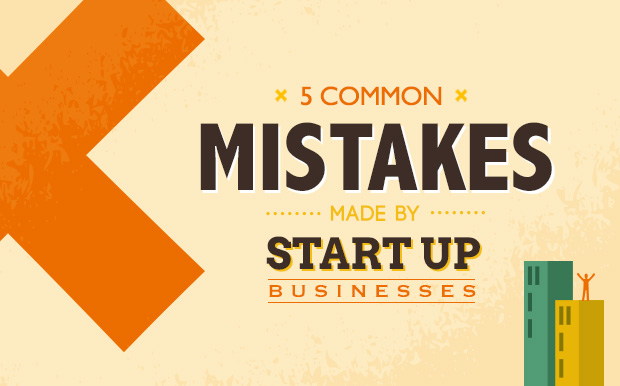In the constant search for higher valuations, monster retirement fund investors like Fidelity and Blackrock have pumped enormous amounts of money into several dozen companies that had good, but as of yet unproven, ideas, services and products. Remember as with the dotcom bust that destroyed the previous stock market boom, nothing can go up forever. Startups can survive much of this instability by avoiding five common mistakes that can make or break them.
Mistake #1 – Brag About the Money
It is not normal in the private company world to flaunt your financing deals. Little firms with big ideas but no track records to prove their success have been busy receiving enormous investment rounds. The problem is they have forgotten the cardinal rule in private company finance: keep your private business as much to yourself as possible. One of the greatest advantages to being a private company has always been that regulators do not require these outfits to reveal the details of what their financials look like. Soaring valuations have been used by these startup founders to garner greater business partnerships and deals and to attract better potential team members and executives. Startups have to remember that mystique increases their magic, not spilling their latest funding round successes all over the front pages of the Wall Street Journal and Forbes magazine.
Mistake #2 – Teaming Up With Whoever Offers You Money
Startups have typically raised their operating funds from the more private deals they made with typical venture capitalist firms (these avoided major public scrutiny). Some of the startups were not satisfied with this traditional arrangement and courted the likes of Fidelity to pour enormous, more publically visible finances into their operations. Massive media attention has come along as the flip side of this success. Now the downside to such attention has been revealed. The skyrocketing valuations that accompanied this windfall money are coming down. Plummeting values similarly have their own painful consequences, as a startup that only months ago was considered to be a raging success is now being counted a dismal failure. A way to correct this mistake is to stop talking about valuations in favor of discussing tangible measures of success like growing revenues and rising headcounts.
Mistake #3 – Measuring Success in Publicity, Not Cash Flow
Only a short time ago, startups had to live within their means or simply go out of business. Startups flush with cash from the new financiers of this sector have become irresponsible and have burned through money at epic paces. Hemorrhaging cash is a mistake that few startups can survive for long. If the finances remain irresponsible for too long, then these companies and their founders will soon find themselves in the corporate graveyard.
Mistake #4 – Treating Employees Like Statistics
In the past, startups treated their employees as critical to their business. This matters enormously, as unproven companies are essentially little more than a combination of potentially brilliant ideas and the good people working to bring these visions to reality. Much-hyped media darling Uber is an example of what happens when startups change the model and start treating their employees like mere numbers on a page. They tried to count their employees who make their business actually happen as independent contractors rather than employees. Now they are enthralled in the midst of a potentially devastating lawsuit filed by their so-called independent contractors. Losing this groundbreaking and precedent-setting high profile case will significantly raise Uber’s costs of operating, as they would have to provide employee benefits and insurance to all of the people who helped to get them where they are today.
Mistake #5 – Missing the Mark on Employee Benefits and Insurance
Many startups fall into the trap of not paying sufficient attention to their employees’ insurance needs. Too often business owners view their employees as overhead and not the heart of their beating business. The consequences of this thoughtless error can be far reaching. On a practical level, employees who feel like their basic needs are an afterthought demonstrate far less loyalty to the companies that depend on them to show their unwavering dedication and zeal to make the startup a success. On a legal and financial level, the Affordable Care Act provides for penalties and fines for companies that do not provide healthcare for their employees. These problems can be easily avoided by obtaining online insurance quotes and offering their employees the coverage they need. Startups can not afford many critical mistakes. Especially at this earliest stage of their company’s development, these new entities should not be making enemies which they honestly can not afford. It is hard enough to be a success as a startup without making costly errors. By watching for these common pitfalls, startup companies can give themselves a fighting chance to survive and thrive.
Find a Home-Based Business to Start-Up >>> Hundreds of Business Listings.



















































